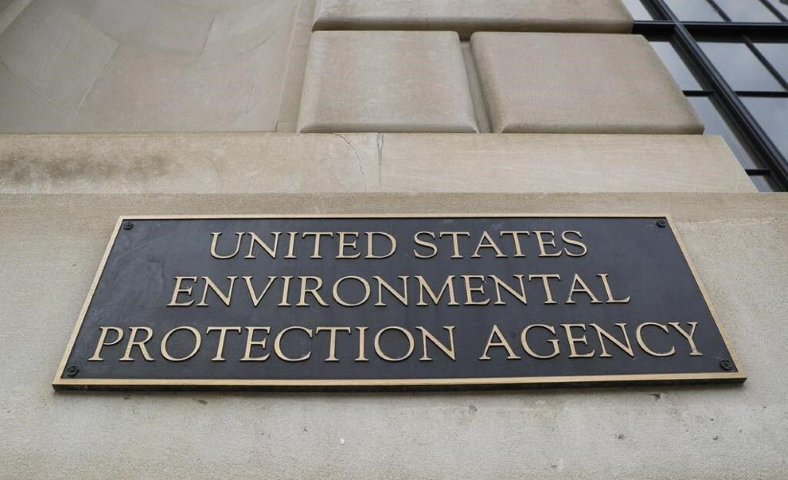
FILE -. The funds come from two programs that are part of the “green bank” created in the Biden administration’s landmark climate law passed in 2022. (AP Photo/Pablo Martinez Monsivais)
The Environmental Protection Agency (EPA) has awarded $20 billion in federal grants to eight community development banks and nonprofit organizations. These funds are designated for projects aimed at addressing climate change in disadvantaged communities and helping Americans save money while reducing their carbon footprints.
These grants could support tens of thousands of projects, ranging from residential energy-efficient home improvements to larger-scale initiatives like electric vehicle charging stations and community cooling centers.
Vice President Kamala Harris, speaking in Charlotte, North Carolina, highlighted the importance of empowering communities to choose projects that will have the greatest impact in their local areas. She emphasized the significance of this approach in allowing communities to make decisions that align with their needs and priorities.
This announcement comes as part of President Joe Biden's broader efforts to combat climate change and advance environmental justice. The grants are provided through a newly established green bank, created under Biden's Inflation Reduction Act, aimed at investing in solutions to reduce greenhouse gas emissions and address climate change.
The goals of the green bank include reducing climate and air pollution, as well as mobilizing public and private capital in communities that have been historically underserved.
However, the grants have sparked controversy and raised concerns about accountability and transparency. Republicans in Congress have criticized the initiative, calling it a "slush fund" and questioning how the funds will be used. House Republicans recently passed a bill to repeal the green bank and other parts of Biden's climate agenda.
Despite opposition, supporters argue that the green bank is an essential tool in the fight against climate change. They believe it will help accelerate the transition to clean energy and benefit communities that have been disproportionately impacted by environmental issues.
The grants are part of a larger effort to invest in renewable energy and sustainable infrastructure. They aim to create jobs, lower energy costs, and improve public health and environmental quality.
In addition to the grants awarded to community development banks and nonprofit organizations, the EPA has also allocated funding to programs that will provide affordable financing for clean energy projects nationwide.
Overall, the grants represent a significant investment in addressing climate change and promoting environmental justice. They demonstrate the federal government's commitment to supporting communities in their efforts to build a more sustainable and resilient future.















